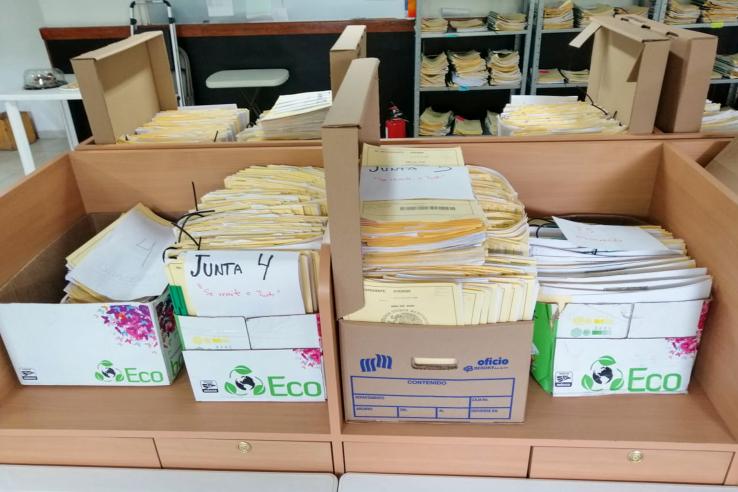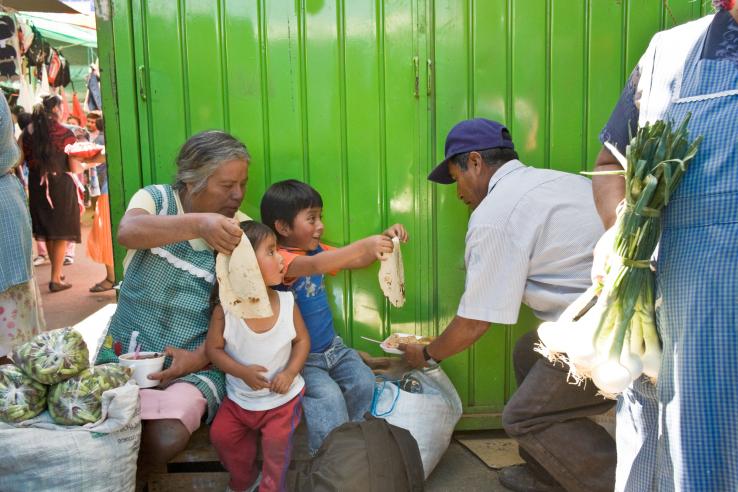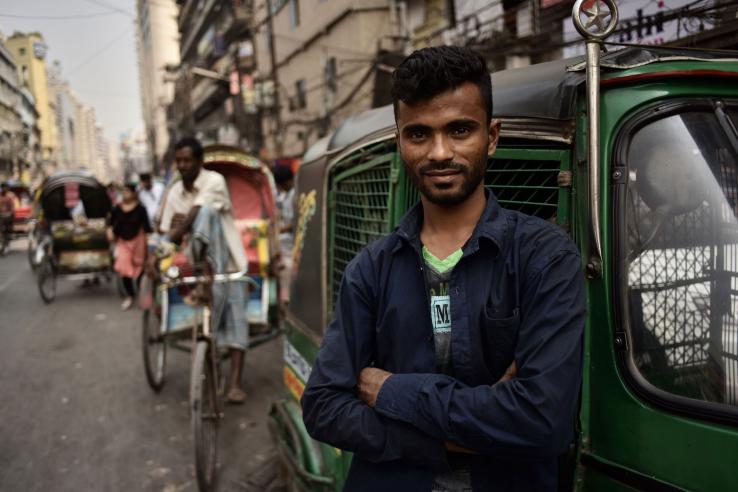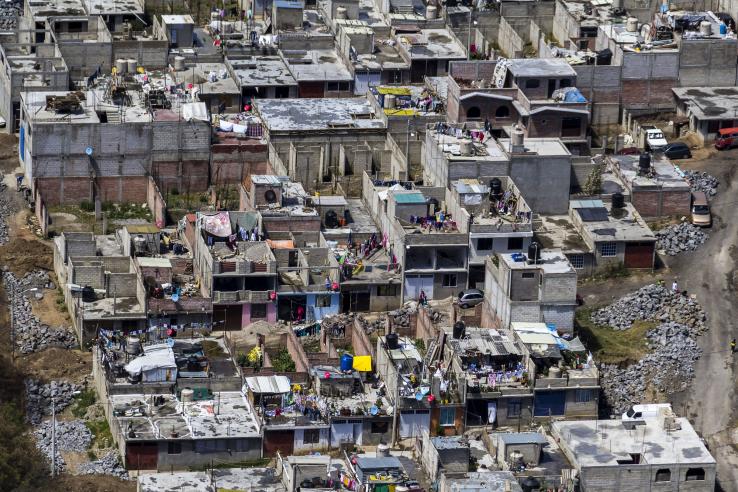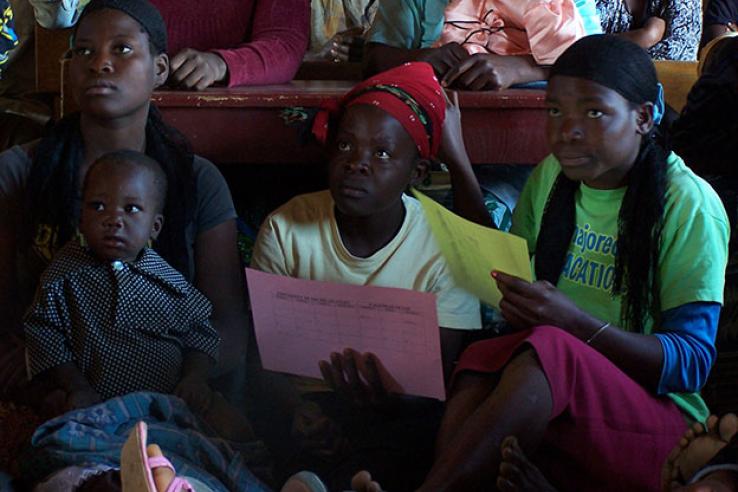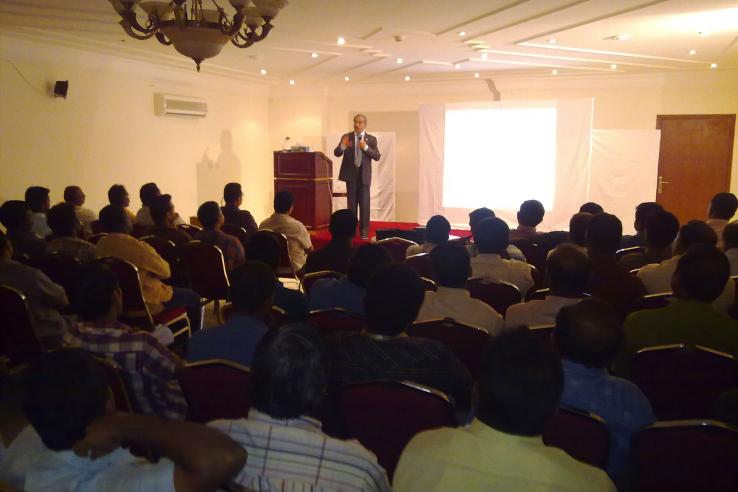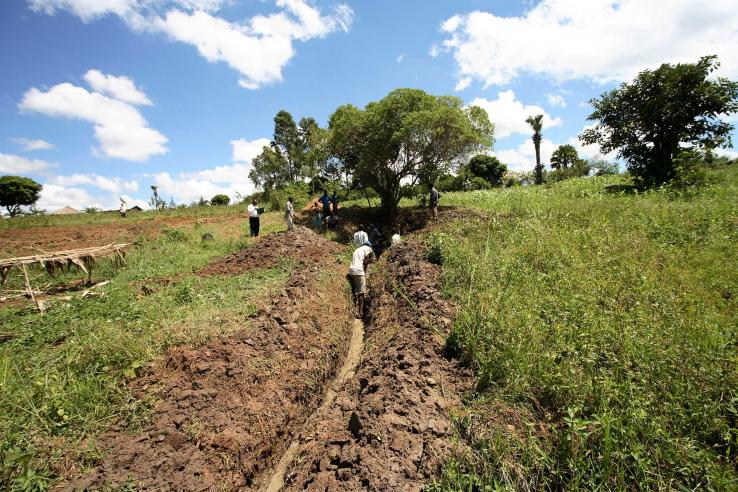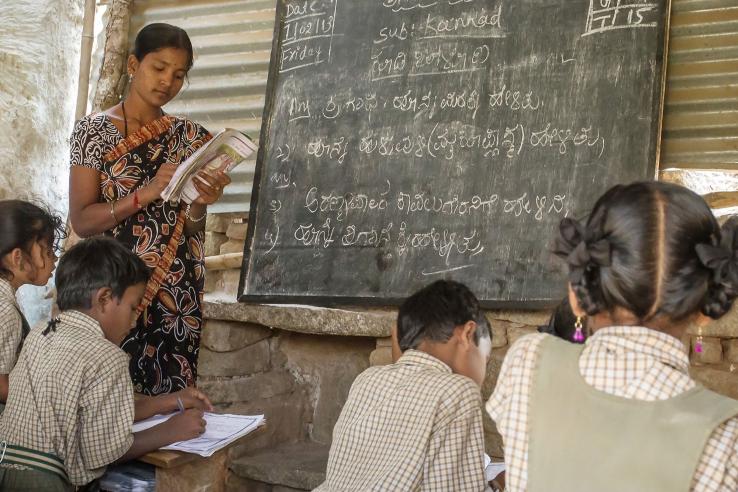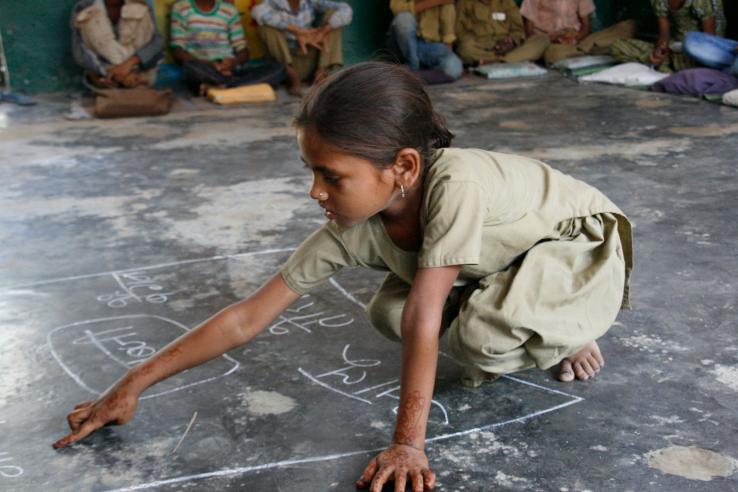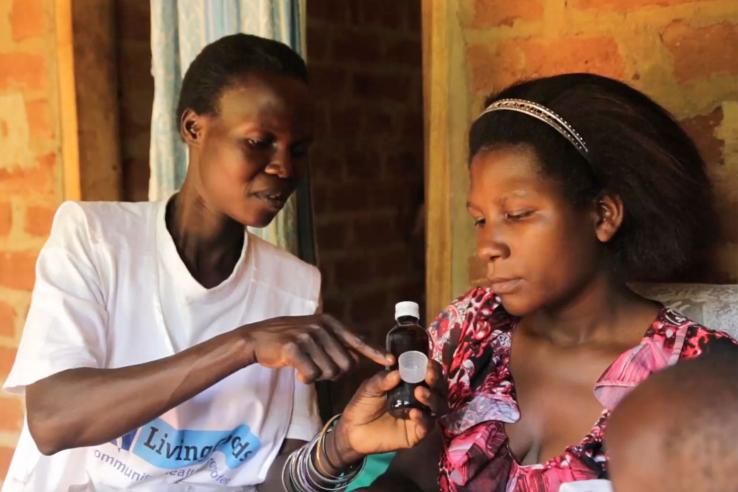Displaying 2116 - 2130 of 8331
Blog
Labor courts in Mexico and many other low- and middle-income countries often provide low quality services. Since 2015, we have partnered with the Mexico City Labor Court, one of the largest courts dealing with firing cases in Latin America, to innovate in improving the court’s functioning.
Evaluation
Researchers studied a government-funded conditional cash transfer program to evaluate the impact of family networks on consumption and investment decisions for low-income households in Mexico. Food expenditure increased among both eligible connected households and ineligible households connected to families who were offered the program.
Person
Chris Perez is a member of the Class of 2012 majoring in Economics and Mathematics from Brownsville, Texas,
Evaluation
Can monetary incentives induce rural farmers to migrate to cities and pursue seasonal labor opportunities during times of famine?
Evaluation
Researchers measured the impact of improving the quality of slum housing on household wellbeing in El Salvador, Mexico, and Uruguay. Residents were selected to receive housing upgrades by lottery. Results show that slum upgrading significantly improved satisfaction with quality of life. In two countries positive and significant effects are detected in child health. In El Salvador, significant and positive effects are observed in the perception of safety. Finally, no effects are detected in labor market variables and in the accumulation of durable goods.
Evaluation
In collaboration with the French employment agency Pôle Emploi, researchers evaluated whether interview and hiring rates of minority candidates changed when employers collect anonymous resumes. Making resumes anonymous did not affect the average number of interviews and job offers volunteer firms made, the length of the hiring process, or the use of other recruitment channels, but it reduced the likelihood that firms interview and hire minority candidates.
Evaluation
In Malawi, researchers used a randomized evaluation to study the introduction of a daily minibus service that connected five rural villages and the nearby market town. Although a majority of households used the new bus service, demand was very sensitive to price and was never sufficient to cover operational costs.
Evaluation
Researchers examined the impact of receiving an invitation to a savings-focused financial literacy workshop on the financial decisions of Indian migrant workers in Qatar and their wives in India. A one-time financial literacy workshop in Qatar increased migrant workers’ joint financial decision-making with their wives. Among migrant workers with initially low savings, the workshop also increased total savings.
Evaluation
In partnership with Nyala Dairy Cooperative, researchers evaluated the impact of offering asset collateralized loans for rainwater harvesting tanks on both credit access for dairy farmers and profitability for the lender. Using the tanks as loan collateral led to higher take-up of loans by farmers without worsening repayment or leading to losses for the lender and also allowed farmers to invest in an agricultural technology.
Evaluation
Researchers partnered with the Munich Opera House to conduct a randomized evaluation measuring the impact of a large-scale mail fundraising scheme on the frequency and amount of donations. While neither the presence of a lead donor nor differences in matching schemes affected the response rate to the mailer, having a lead donor nearly doubled the average amount donated.
Evaluation
Researchers conducted a randomized evaluation in the Indian state of Andhra Pradesh to measure the relative effectiveness of conditional versus unconditional bonuses on improving the quality of schools. Offering conditional incentives to individual teachers was a cost-effective way to improve student test scores across subjects.
Evaluation
Researchers partnered with Pratham, an educational NGO, to evaluate the impact of their “Read India” program and its components, which include teacher training, monitoring, learning materials, and village volunteers, on educational attainment. Preliminary results suggest the program had a modest impact on overall reading levels in the villages where camps were held, but a much larger impact on the subgroup of children that actually attended the camps.
Evaluation
Researchers in Bogotá, Colombia, evaluated whether changing the timing and type of CCTs could lead to greater impact on educational attainment. All CCT variations had similarly positive impacts on school attendance, but transfers conditional on continued education had a greater impact on secondary and tertiary school enrollment, particularly for the most at-risk children.
Person
Natan Goldberger is an Operations Assistant at the J-PAL Latin America office. Currently, he is studying to obtain his Master (M.Sc.) degree in Financial Engineering.
Evaluation
In Uganda, an incentivized community health promoter program increased health care access, knowledge, and health-promoting behaviors among households, leading to a 27 percent reduction in child mortality.
